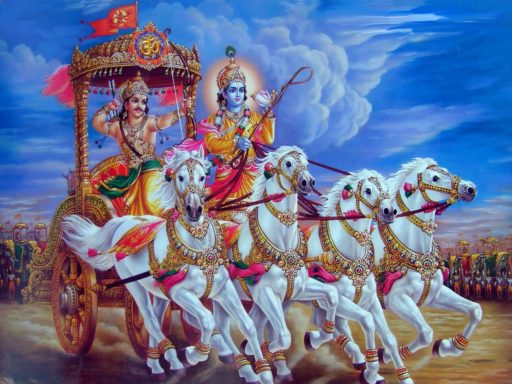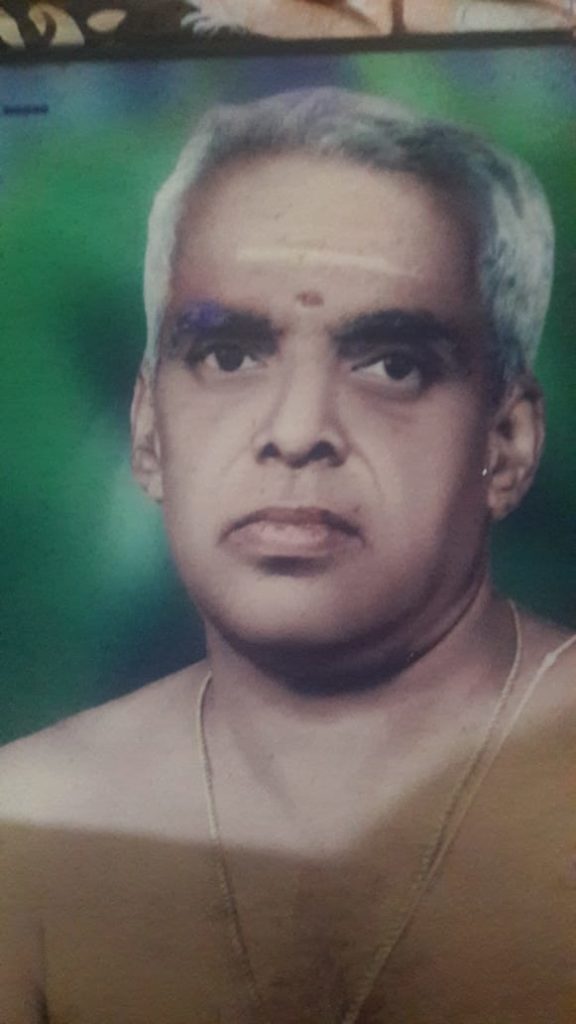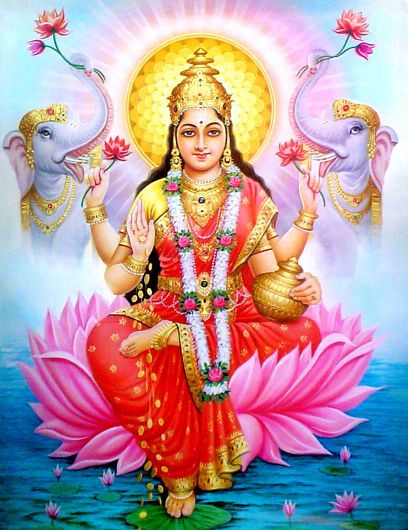Our country, Republic of India, was known as Bharata Khanda during the periods prior to the rulings of Mughal kings. After British rule, the name of the country has become India. In the epic Ramayana, the oldest Vanara is called as Jambava, or Jambavanta. He was one of the oldest in the Indian sub-continent, in the peninsular island area. Due to the familiarity, Rishis called it as Jambu Dweepa, an island portion on earth where Jambava, the oldest monkey used to move freely.
Bharata of Ramayana Era
Shri Rama with his wife Sita and brother Lakshmana went to the forest and his youngest brother Shatrughna became the acting king of the land for the purpose of administration only, under the instructions of Vasista Rishi. The other brother, King Bharatha had brought the pair of foot wear of Shri Rama, being failed in persuading him for returning back. King Bharatha placed those pair of foot wears in front of the empty throne, vacated by the late king Dasharatha, saying he is not interested to become the ruler. He went away to Nandi village for doing penance, stating he will return to the palace only after coming back of Sri Rama.
Continue reading




